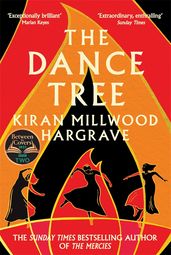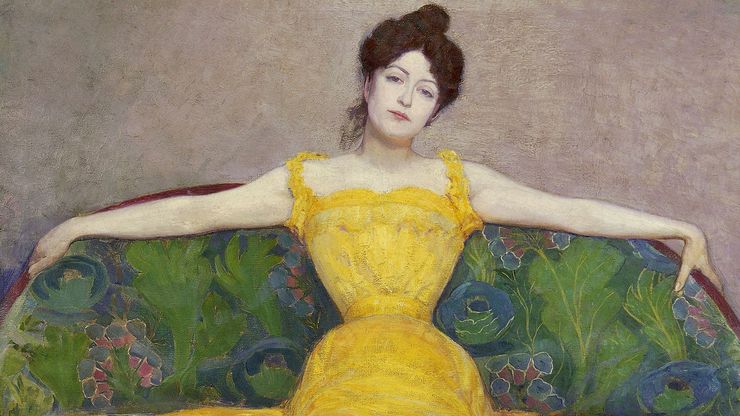Synopsis
The bestselling Richard and Judy Book Club pick and BBC Radio 2 Book Club pick.
For readers of Circe and The Handmaid’s Tale, Kiran Millwood Hargrave's The Mercies is inspired by real historical events – a story about the strength and courage of women.
‘Dark, dramatic and full of danger’ - Daily Mail
The storm comes in like a finger snap . . .
1617. The sea around the remote Norwegian island of Vardø is thrown into a vicious storm. A young woman, Maren, watches as the men of the island, out fishing, perish in an instant.
Vardø is now a place of women . . .
Eighteen months later, a sinister figure arrives. Absalom Cornet has been summoned to bring the women of the island to heel. With him travels his young wife, Ursa. In her new home, and in Maren, Ursa encounters something she has never seen before: independent women. But where Ursa finds happiness, even love, Absalom sees only a place flooded with a terrible evil, one he must root out at all costs . . .
A story about how suspicion can twist its way through a community, about a love that could prove as dangerous as it is powerful.
‘Gripping’ - Madeline Miller, author of Circe
‘Took my breath away’ - Tracy Chevalier, author of Girl With a Pearl Earring
‘A beautifully intimate story of friendship, love and hope’ - Douglas Stuart, author of Shuggie Bain
‘Something rare and beautiful’ - Marian Keyes, author of Again, Rachel
‘Chilling and page-turning’ - The Times
Details
Reviews
The Mercies is among the best novels I’ve read in years. In addition to its beautiful writing, its subject matter is both enduring and timely
A gripping novel . . . [Kiran Millwood Hargrave's] most vital insights are about the human heart: how terrifyingly quickly prejudices can turn into murder, and how desperately we need love and courage to oppose it. Beautiful and chilling
This is a powerful story that gathers ever more momentum as it moves towards its conclusion
The most interesting historical fiction speaks of the time of writing as much as of its subject . . . The Mercies shows us the patriarchal fear of women's strength and reason








